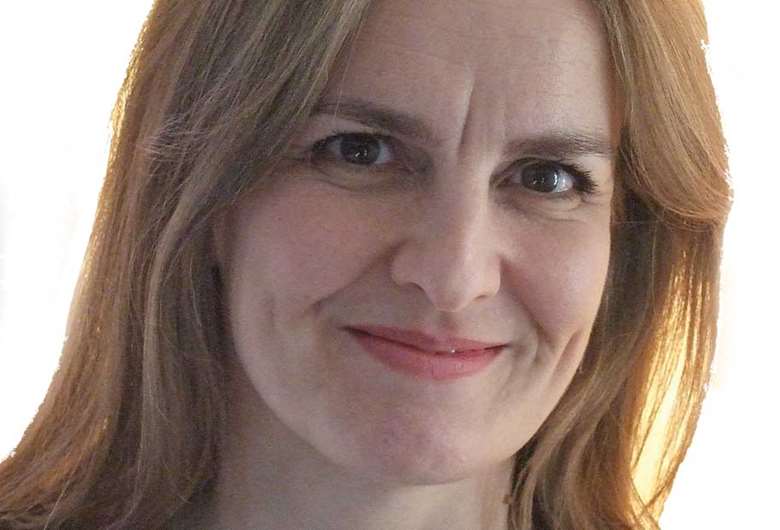Interview - Dr Ingrid Wolfe, Child health expert
Monday, May 5, 2014
Lead author of a new report by the Royal College of Paediatrics and Child Health and the National Children's Bureau.

In the report, Why Children Die, you point out that children in the UK have a higher risk of premature death than their Western European counterparts. Why is this?
There is a growing gap between the rich and poor and a lack of public health, and other, policies to reduce child deaths in this country compared to other European countries. Every year, about 2,000 additional children, the equivalent of five a day, die in the UK compared to the best performing country, Sweden.
The difference between the UK and Sweden is the contrast in healthcare models, policies and inequalities. In Nordic countries such as Sweden, they share the economic burden more fairly between people of different ages and spend more on social protection, one reason why they have lower child mortality rates.
What, according to your review of existing UK evidence on child mortalities, are the main causes of premature death?
We found that in 2012 more than 3,000 babies died before the age of one and over 2,000 died between the ages of one and 19. More than half of childhood deaths occur in the first year of life, most likely as a result of pre-term delivery and low birth weight. Maternal age, smoking in pregnancy and disadvantage increase the risk of having a premature or small baby. After the age of one, injury is the most frequent case of death.
Many children's deaths are linked to families' social disadvantage and are preventable through a combination of societal changes, political engagement and improved training for children's healthcare professionals.
Within the report you make a number of recommendations to reduce the number of premature deaths. What are they?
We want the new cap on welfare spending to be withdrawn and a safety net to be implemented, so rising living costs do not harm vulnerable families with the lowest incomes. The Government needs to take into consideration the impact on children and young people.
We also call for measures to promote healthy pregnancy, including better PSHE in schools to prevent teen pregnancies and improved pre-natal support.
This would include promoting smoking cessation in pregnancy. Another recommendation is to reduce the national speed limit in built-up areas to 20mph.




